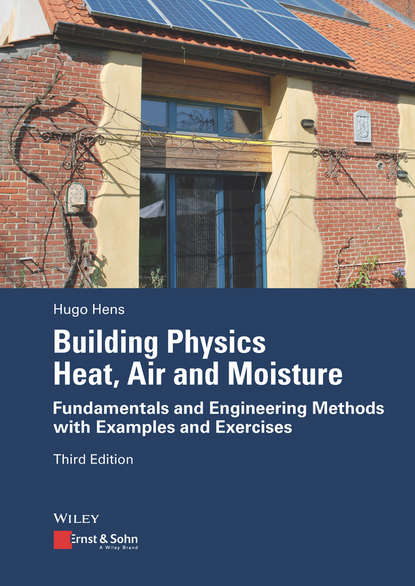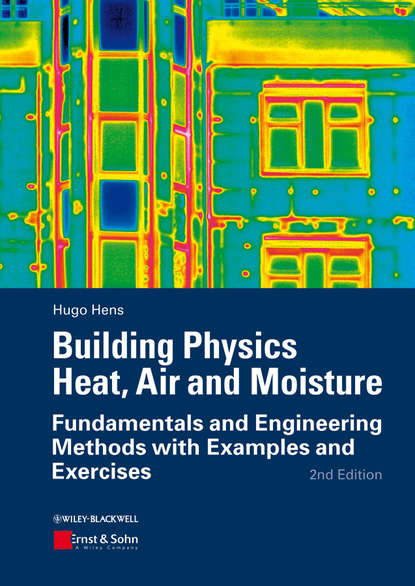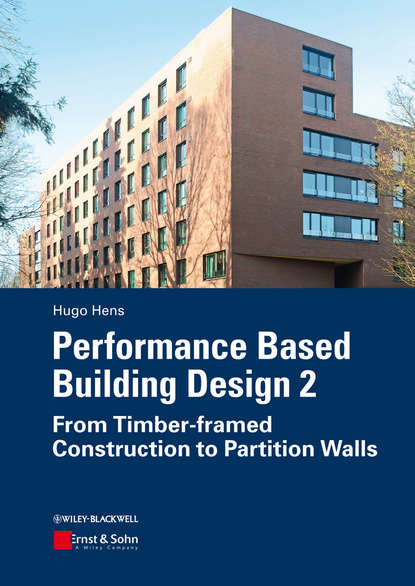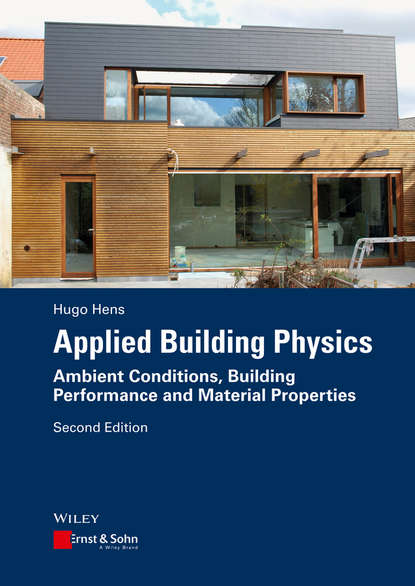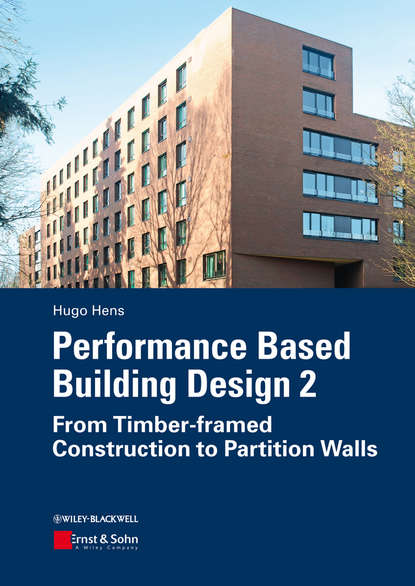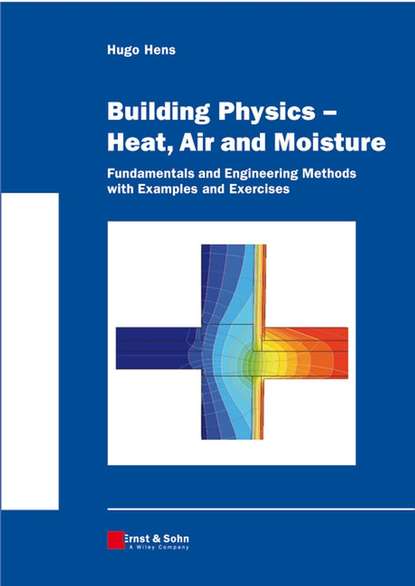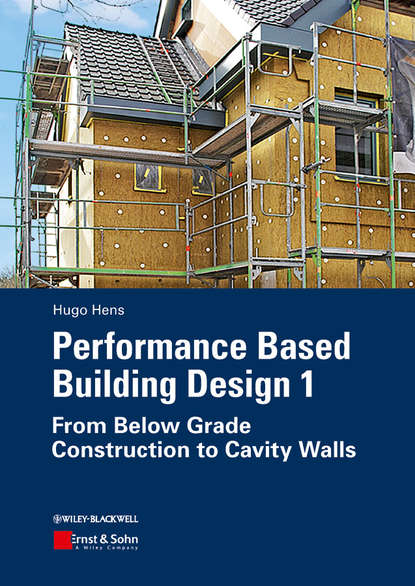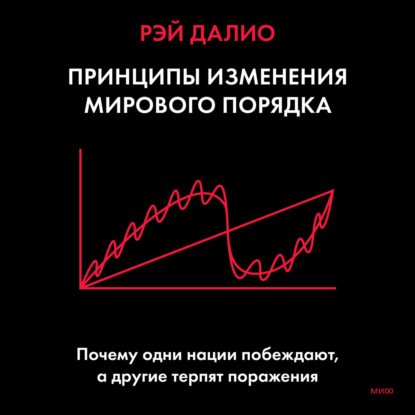Hugo S. L. Hens - Applied Building Physics. Boundary Conditions, Building Peformance and Material Properties
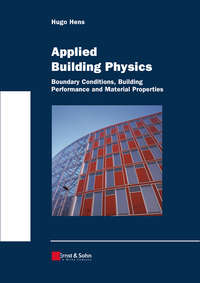
The energy crises of the 1970s, persisting moisture problems, complaints about sick buildings, thermal, visual and olfactory discomfort, and the move towards more sustainability in building construction have pushed Building Physics to the forefront of building innovation. The societal pressure to diminish energy consumption in buildings without impairing usability acted as a trigger to activate the whole notion of performance based design and construction. As with all engineering sciences, Building Physics is oriented towards application, which is why, after a first book on fundamentals this second volume examines performance rationale and performance requirements. Outdoor and indoor climate conditions are described and calculation values are discussed, the performance concept is specified at the building level and at the building envelope level, and heat-air-moisture material properties are defined. The book incorporates 35 years of teaching Building Physics to architectural, building and civil engineers, bolstered by 40 years of experience, research and consultancy.
